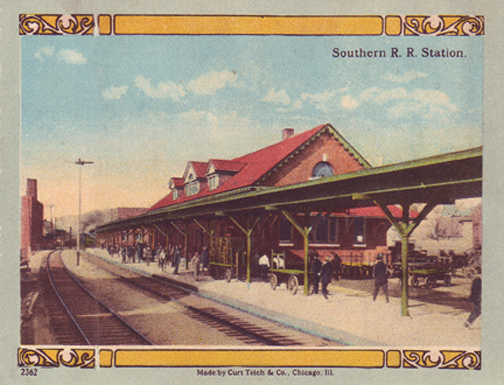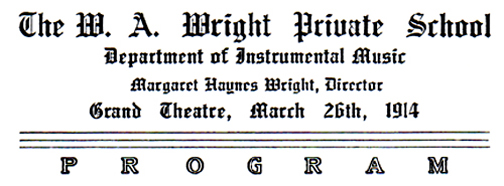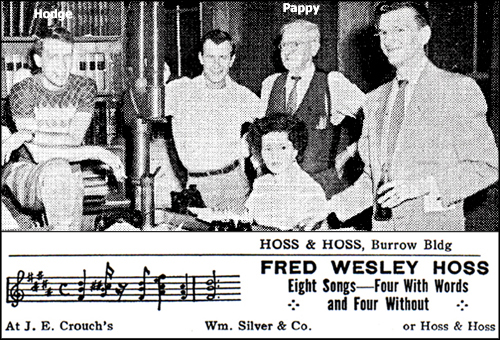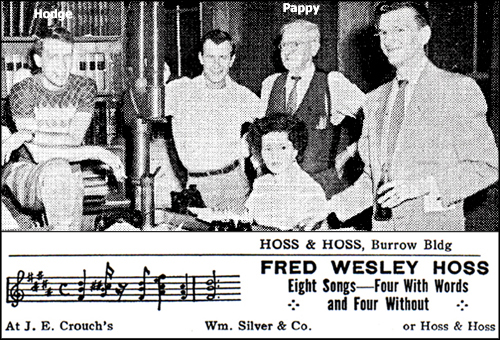A 1902 edition of the Comet newspaper spoke of the upcoming election that year. The Democratic ticket consisted of James B. Frazier, Hamilton County, Governor; Cy H. Lyle, Washington County, Congress, First District; J.N. McKenzie, Wilson County, Railroad Commissioner; A. H. Tipton, Greene County, State Senator; J.L. Clark, Washington County, Representative; and R.M. Barry, Unicoi County, Floater. The Republican ticket was noticeably absent.
The U.S. Representative race grabbed much newspaper space by duly noting why voters should elect Lyle to the position and why they should not elect the incumbent Republican contender, Walter Brownlow. You may recall that it was Brownlow who got Soldiers Home approved for Johnson City on January 28, 1901.

At first the contest was considered a joke, but the underdog Lyle turned up the heat on his popular rival. The harsh tone of the campaign was much like those of today. A partial listing of “Do’s” and “Don’ts” reveal the torrid debates that ensued:
“Don’t vote for Brownlow because he is a petty tyrant, for he has threatened those holding official positions under the government with loss of their positions if they do not work and contribute to his campaign. He is a spoilsman. His doctrine is that positions in his district shall be given to those only who help him get in office. His practice is to buy votes and influence with governmental appoints regardless of merit.
“Don’t vote for Brownlow if you have any regard for the purity of your election. His motto is that anything is fair in politics and resorts to intimidations, misrepresentations, vote buying and corruption, thus debauching your citizens and imperiling your institutions.
“Don’t vote for Brownlow if you are a union veteran and pensioner. You fought for principle, risked your life and all to preserve your government and are entitled to your pension as a matter of right and law. If you are a confederate veteran, you sacrificed all for what you believed to be right. With your record, you can’t afford to vote for a man whose practices are all wrong and who measures your manhood by the standard of money and the political pie. He is a demagogue, spoilsman, violator of the civil service laws, corruptionist and a disturbing factor in his own part.
The paper then offered reasons for voting for Cy Lyle.
“Vote for Lyle because he will strive to advance the best interests of the people of this district without asking them to be his slaves for so doing. He is opposed to the prostitution of the ballot box and is in favor of upholding, not trampling upon, the manhood of our people. He proposed to act upon the principle that ours is a government of the people, by the people and for the people and not a government of Lyle and his appointees, by Lyle and his appointees, and for Lyle and his appointees.
“Vote for Lyle because he is opposed to the trusts which put from 50 to 75 percent advance on your food and clothing and from 10 to 20 percent advance on your wages, which sell you articles at 100 percent and sell the same articles in Europe at 25 and 50 percent less.
“Vote for Lyle in order to purge your district of politics in which bribery, intimidation, corruption and demagoguery take the place of statesmanship and disgrace your honor, integrity and manhood.”
When the votes were counted, Lyle had lost to Brownlow and Frazier was elected to the governorship. Cy Lyle, as editor of the Comet newspaper, had the liberty, money and position to say what and how much he pleased about his own candidacy and that of Brownlow’s … and he did.






